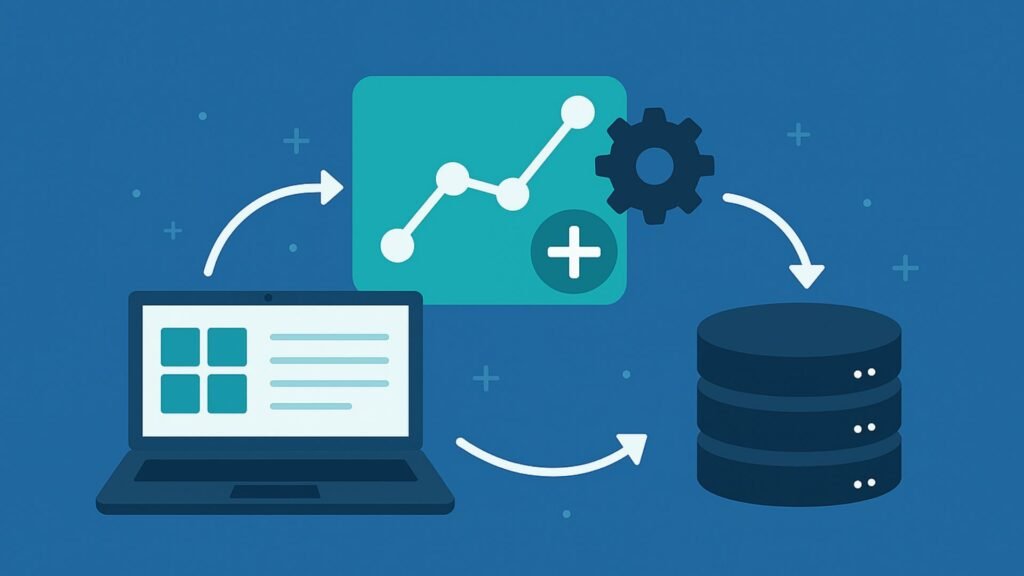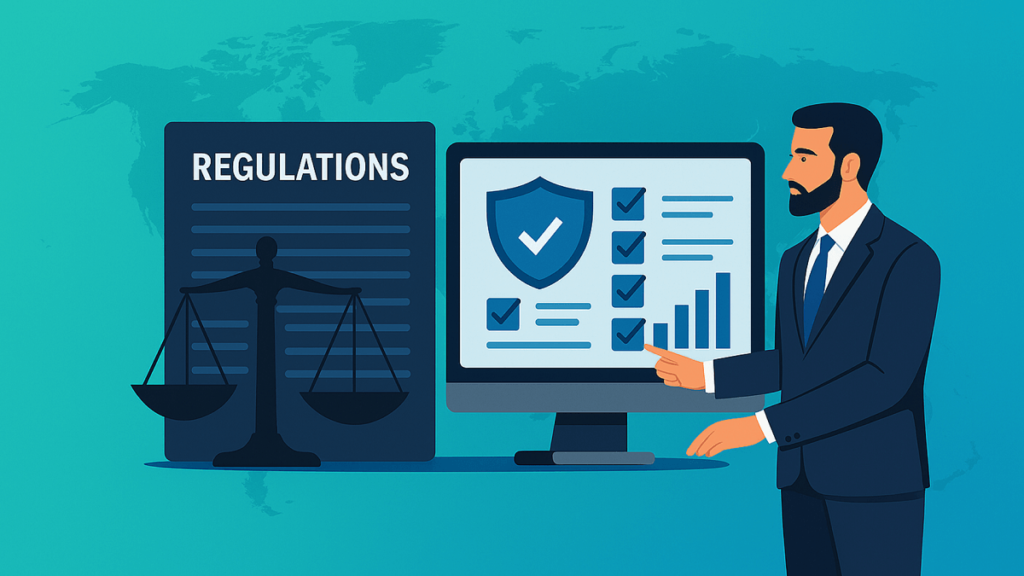How Predictive Support Enhances ERP Performance and Stability
In today’s fast-paced digital economy, enterprise resource planning (ERP) systems are no longer just back-office tools—they are mission-critical platforms that drive decision-making, operational efficiency, and business growth. As organisations in the UK continue to modernise their ERP environments, particularly with Microsoft Dynamics 365 Business Central, the focus is shifting from reactive support to predictive ERP support. Predictive support is transforming how businesses maintain ERP performance and system stability. Instead of waiting for failures to occur, organisations can now anticipate issues, prevent downtime, and continuously optimise system performance. For companies working with a Microsoft Dynamics 365 partner in Manchester, UK, predictive support is becoming a key differentiator in achieving long-term ERP success. This article explores how predictive support enhances ERP performance and stability, why it matters for modern businesses, and how organisations leveraging Microsoft Dynamics 365 Business Central in Manchester, UK can gain a competitive edge. Understanding Predictive Support in ERP Predictive support refers to a proactive approach to ERP maintenance that uses data analytics, system monitoring, artificial intelligence (AI), and automation to identify potential issues before they disrupt business operations. Unlike traditional reactive support—where problems are addressed only after users raise tickets—predictive support continuously analyses system behaviour, performance trends, and usage patterns. Key Characteristics of Predictive ERP Support For businesses using MS Dynamics 365 implementation services in Manchester, UK, predictive support ensures that the ERP system evolves alongside business needs rather than becoming a bottleneck. Why ERP Performance and Stability Matter More Than Ever ERP systems connect finance, operations, supply chain, sales, and customer service into a single platform. Any disruption—whether slow performance, system crashes, or data inconsistencies—can impact the entire organisation. Common ERP Challenges Without Predictive Support Organisations undergoing D365 migration services in Manchester in the UK often face additional challenges during and after migration. Without predictive support, these issues may remain hidden until they affect end users. The Role of Predictive Support in Microsoft Dynamics 365 Microsoft Dynamics 365 is a modern, cloud-based ERP platform designed for agility and scalability. However, even advanced platforms require ongoing optimisation to perform at their best. Predictive support enhances Dynamics 365 by leveraging: A trusted Microsoft Dynamics consulting services provider in Manchester, UK can configure predictive support frameworks tailored to specific business requirements. How Predictive Support Improves ERP Performance 1. Proactive Performance Monitoring Predictive support continuously monitors system metrics such as: By identifying performance degradation early, businesses can address root causes before users experience slowdowns. This is particularly valuable for organisations running Microsoft Dynamics 365 Business Central in Manchester, UK, where real-time data access is critical. 2. Early Detection of System Anomalies ERP systems generate vast amounts of data. Predictive analytics can identify abnormal patterns that indicate potential failures, such as: Instead of reacting to incidents, ERP teams can resolve issues proactively, ensuring consistent system stability. 3. Reduced Downtime and Business Disruption Unplanned downtime is one of the most costly ERP issues. Predictive support significantly reduces downtime by: Businesses working with a Microsoft Dynamics 365 partner in Manchester, UK can benefit from service-level agreements (SLAs) that prioritise uptime and system resilience. 4. Optimised Resource Utilisation Predictive support helps organisations understand how system resources are used. This enables: For companies scaling operations after D365 migration services in Manchester in the UK, this ensures the ERP environment remains cost-effective and performant. Enhancing ERP Stability Through Predictive Support 1. Continuous System Health Checks Predictive support includes automated health checks that assess: These checks help maintain long-term ERP stability and reduce the risk of system failures caused by outdated configurations or unsupported customisations. 2. Preventing Integration Failures Modern ERP systems integrate with CRM platforms, e-commerce systems, payroll software, and third-party applications. Predictive support monitors these integrations to ensure seamless data flow. For organisations using Microsoft Dynamics consulting services in Manchester, UK, this is critical to maintaining end-to-end business continuity. 3. Safer Updates and Upgrades Microsoft regularly releases updates for Dynamics 365. Predictive support helps organisations: This is especially important for businesses relying on customised solutions built during MS Dynamics 365 implementation services in Manchester, UK. Predictive Support and Business Central: A Powerful Combination Why Business Central Benefits Most from Predictive Support Microsoft Dynamics 365 Business Central is designed for small and mid-sized businesses, offering flexibility and rapid scalability. Predictive support ensures that Business Central: For companies adopting Microsoft Dynamics 365 Business Central in Manchester, UK, predictive support is essential for maximising ROI. Real-Time Insights for Smarter Decisions Predictive support provides actionable insights such as: These insights empower business leaders to make data-driven decisions rather than relying on guesswork. The Strategic Role of a Microsoft Dynamics 365 Partner in Manchester, UK Choosing the right partner is crucial for implementing and managing predictive ERP support. A reliable Microsoft Dynamics 365 partner in Manchester, UK offers: Such partners align ERP strategy with business goals, ensuring long-term performance and stability. Predictive Support During and After D365 Migration Addressing Migration Risks Proactively ERP migrations can introduce risks such as data loss, performance issues, and user adoption challenges. Predictive support mitigates these risks by: Organisations leveraging D365 migration services in Manchester in the UK benefit significantly from predictive support during the critical post-go-live phase. Supporting Continuous Improvement Migration is not the end of the ERP journey. Predictive support enables continuous improvement by: Cost Benefits of Predictive ERP Support While predictive support may appear to be an additional investment, it delivers substantial cost savings over time. Key Financial Benefits For businesses investing in Microsoft Dynamics consulting services in Manchester, UK, predictive support ensures better financial predictability and control. Predictive Support vs Reactive Support Aspect Reactive Support Predictive Support Issue Resolution After failure Before failure Downtime High risk Minimal Cost Unpredictable Optimised System Stability Inconsistent Continuous Business Impact Disruptive Proactive The shift toward predictive support reflects the evolving expectations of modern ERP users. Future of ERP Support: Predictive and Intelligent As AI and machine learning continue to evolve, predictive ERP support will become even more intelligent. Future capabilities may include: Businesses already working with MS Dynamics 365 implementation services in Manchester, UK are
How Predictive Support Enhances ERP Performance and Stability Read More »







